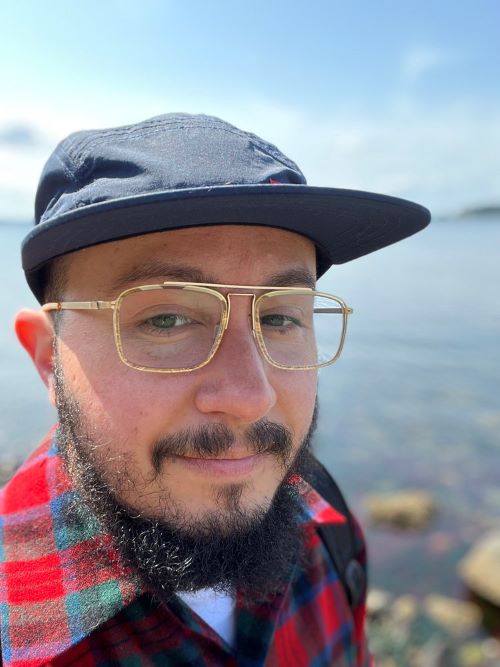“In every living thing is stuff that once was rock
In blood the minerals
of the rock.”
—Lorine Niedecker, “Lake Superior”
“what I take from the earth, I give back—”
—Ai, “Cuba, 1962”
There are fungi that extract what’s living and useful out of what’s dead. Sweet potatoes grow from whatever’s in the soil around them. The stranger who takes “my” parking spot at the grocery store is at least partially made from stardust.
I am often suggesting to students that when it comes to style, we each have a “terroir”— a particular flavor made up of the unique places and vocabularies that we have absorbed. Those registers that, in a unique combination, make us distinct.
In this way you don’t really need to worry about cultivating a style beyond practicing being present in your life and taking it in, languages and everything that touches you.
But the thing is that terroir is not only style. It is substance. It is not even quite right to say that it is also substance. It is exactly that, substance. It’s the matter we are made of. Terroir is what you write and how you write it. The goal is to write what only you could.
I worry that this is too individualistic. I am (or we were?) sitting in a white-queer-owned coffee shop on territory of the Arapaho people when someone I recently met told me that the Russian language has become less communal over time. He tells me this while tapping the palms of his hands, which are partly stardust, emphatically on the tabletop, made of fake wood. That he learned Russian when it was still a language of “we” and that this dates him when he speaks it. For example the difference between “I know how to build a table” and “It’s possible that we can build a table.” I’m saying the difference is not only in style, not only syntax, but substance.
And what words to take and give back, and how, is an ethical question as well as an aesthetic one. You can bring any person, place or thing you come from into a poem. Doesn’t mean you should.
This thing I’m calling “terroir” is touched by climate, which continues to change. And change touches us all, but unevenly, some sooner and some later, some more and some less.
You don’t have to do anything extra though. Language comes in and it leaves. I/we pass it around like particles, small poetry aerosols, floating across the air, written through a bodily process. There is no other public, there is only what happens between us.




